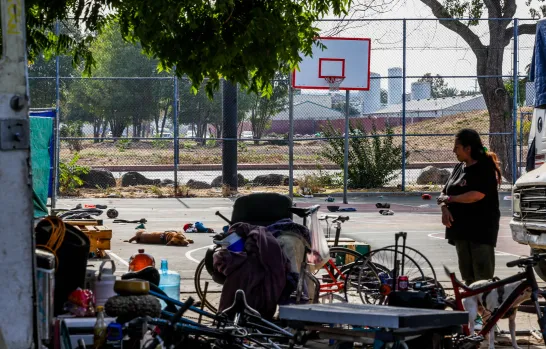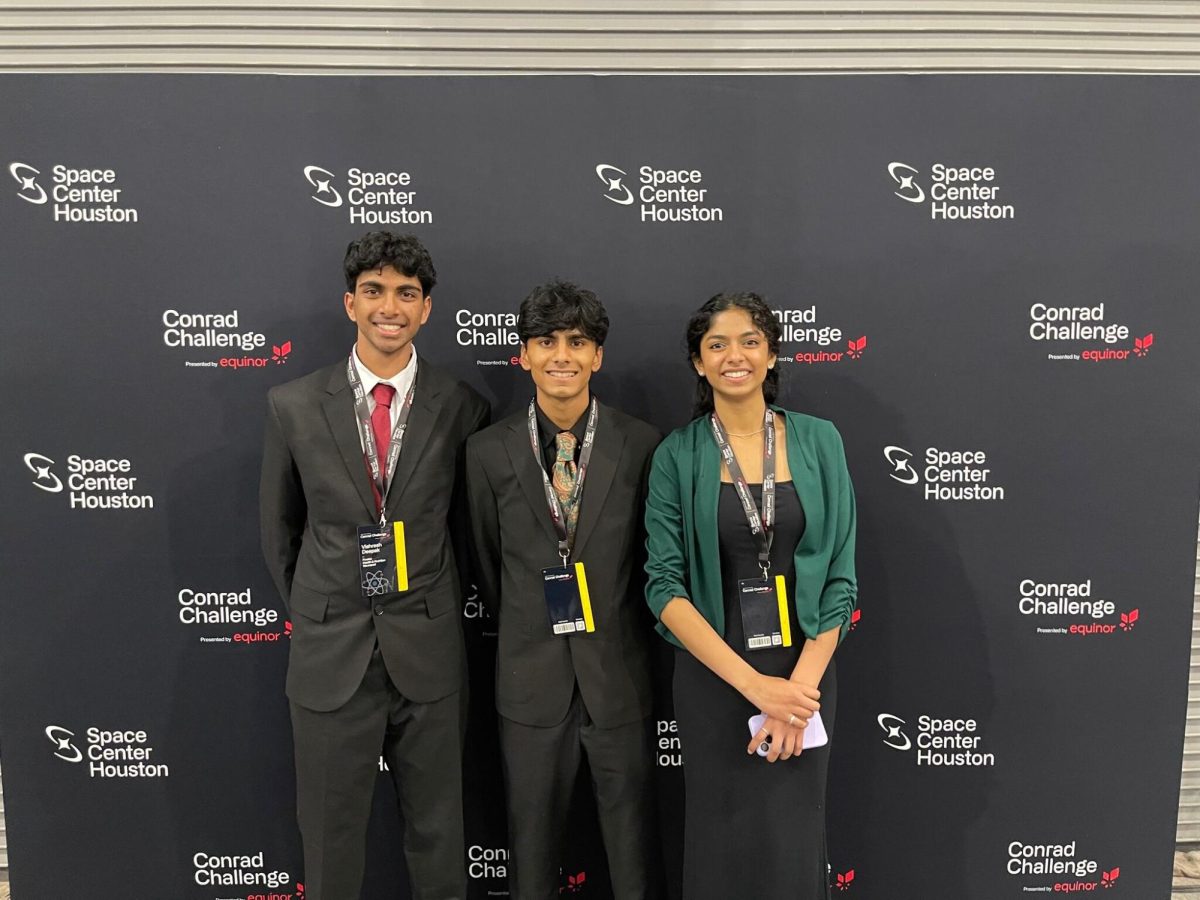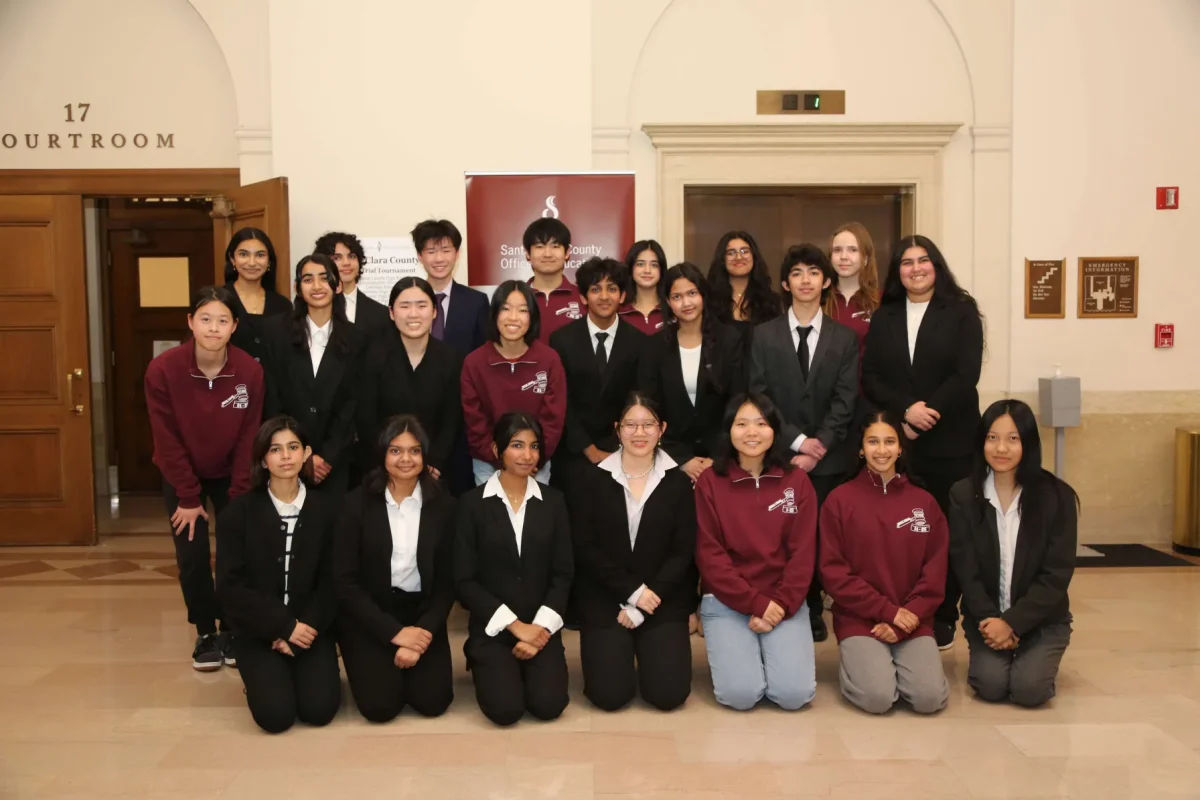Amid recent policy developments and ever-changing public attitudes toward homelessness, the homeless population of San Jose faces displacement and instability.
In July, the San Jose City Council announced its intent to sweep the homeless encampment in Columbus Park. Its eventual objective is to revitalize the park into a family-friendly space, complete with sporting areas and other amenities. However, the decision places almost 400 residents in limbo, as individuals forced to leave the encampment may not have anywhere else to go.
These events are indirect effects of the 2024 Supreme Court decision, City of Grants Pass v. Johnson, where the Court allowed cities to clear public sleeping sites without producing alternative housing. Thus, when the Columbus Park sweeps began, only one of five motels slated for conversion to homeless housing had opened, offering 42 beds for roughly 370 displaced residents.
Since then, San Jose has opened four temporary housing sites — three of which are currently at capacity — with a fifth set to open in October of 2025. According to a news release published Sept. 16, 198 residents of Columbus Park have transferred to shelters.
On Aug. 12, 2025, activists and homeless residents of Columbus Park rallied against the sweep. Protesters carried signs from St. James Park to City Hall, where residents spoke to the City Council about their concerns. The speakers shared personal stories of disability, eviction and other hardships exacerbated by the risk of being swept.
Notably, Columbus Park is known as a refuge for LGBTQ+ residents. In certain areas, homeless individuals are susceptible to targeted harassment and attacks based on sexual identity, and the Columbus Park community is a rare haven from this type of violence. Congregate shelters can be a hotspot for violence and are often avoided by vulnerable individuals. Santa Clara County has only two LGBTQ+ housing facilities, totaling 26 beds.
The city plans on housing the residents of Columbus Park in a series of safe sleeping sites throughout San Jose. These spaces will allow residents to stay without the threat of being swept, seek help as needed and transfer to more stable housing in three to five weeks. However, due to constant delays, the effectiveness of these sites remains uncertain. San Jose Mayor Matt Mahan originally planned for them to open in March 2025. Despite this, the first site opened at 1157 E. Taylor St. on Sept. 8 — well after the sweeps. Just four days after opening, the Taylor Street site closed due to electrical failures, forcing occupants to move to other sites throughout the city. The date of reopening is still unclear.
The removal of the Columbus Park encampment comes amid other developments affecting San Jose’s homeless population. Downtown Streets Team, a nonprofit that employs homeless workers to clean city streets, is ceasing operations Oct. 31. Designed to connect employees to community support and housing opportunities, the nonprofit cited financial and political pressures as reasons for its closure — including the loss of millions of dollars in grant funding. Over the past two decades, Downtown Streets Team has allowed over 2,200 employees to find housing and cleared 33 million gallons of waste from local streets, and its closure further highlights the stagnation of usable housing in the Bay Area.
These developments reflect not only local changes but also wider societal attitudes toward homelessness, especially in the United States, as seen by the Supreme Court case. It is not just conservative politicians illustrating this change. When City of Grants Pass v. Johnson passed, even California’s democratic governor Gavin Newsom stated that the ruling “removes the legal ambiguities that have tied the hands of local officials for years.”
The future for the residents of Columbus Park remains uncertain. As new updates come in, their situation continues to change. Now more than ever, the way the government interacts with its most vulnerable constituents sheds light on its fundamental values — and those of the nation as a whole.












